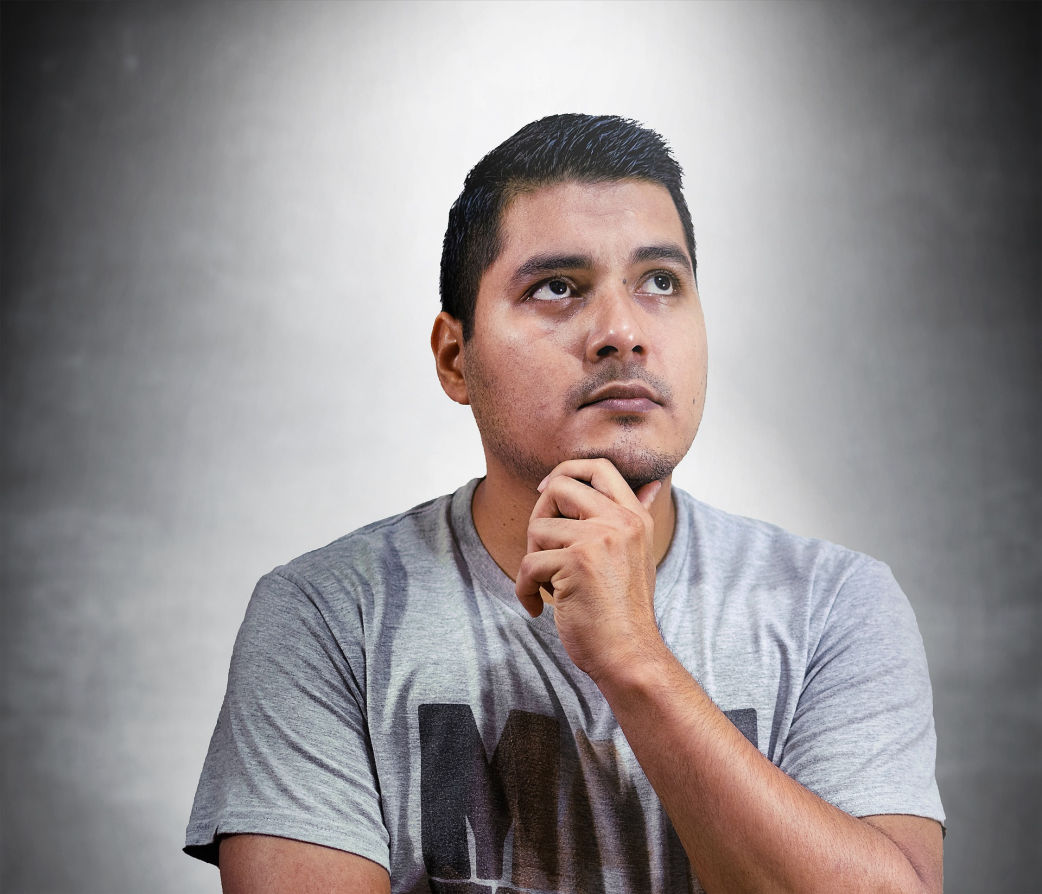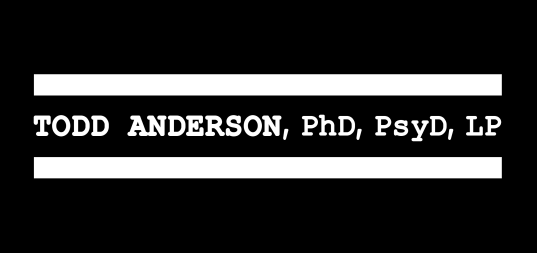Common Questions
I work less from a problem-solving model and more from an exploratory one. Rather than setting goals or focusing on symptom reduction alone, the emphasis is on understanding how emotional life is organized and how it unfolds in relationship. This can be especially meaningful for people who want more than strategies, and who are interested in sustained psychological inquiry.
My approach is relational and psychoanalytic. Therapy is understood as an ongoing conversation that attends not only to what is said, but to emotional tone, bodily experience, moments of uncertainty, and the relational field that develops between us. I am less focused on offering advice or techniques than on helping meaning emerge through careful attention and dialogue.
The work can feel exploratory, at times challenging, and often subtle. Over time, patterns that have been lived but not fully recognized can become more accessible, allowing for shifts in how you experience yourself and others.
I do not determine the length of therapy in advance. Some people come with a specific concern and work for a defined period, while others find that longer-term work allows for a deeper engagement with questions of identity, relationship, and meaning.
We typically meet on a regular, ongoing basis, and the shape of the work evolves through conversation and reflection. Therapy continues as long as it feels useful and alive, and it remains open to review at any point.

